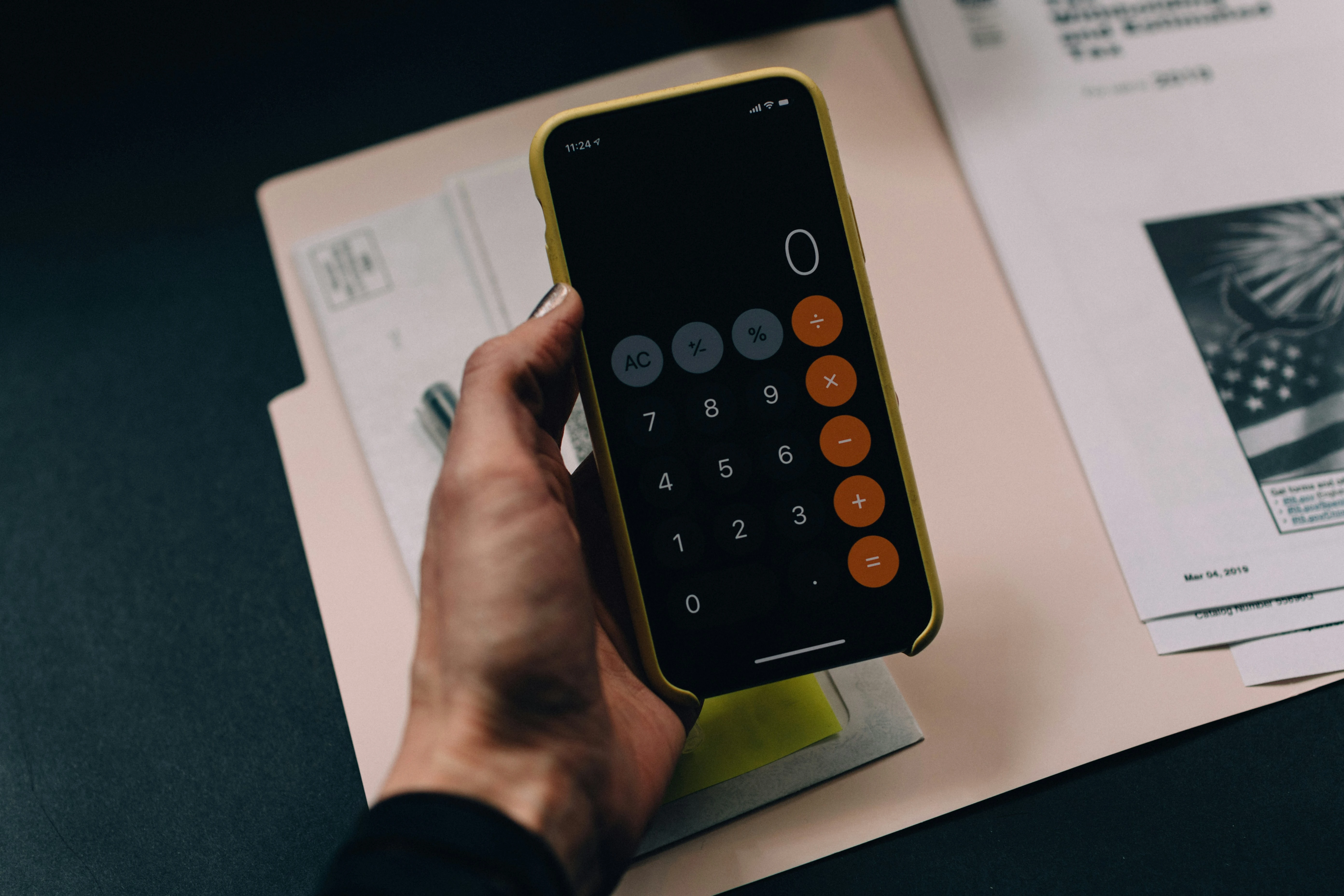Invoice number 1, invoice number 2 – sounds simple until it isn't. Here is how to set up a numbering system that keeps your billing clean.

An invoice number is a unique code for every deal, making financial tracking clear. It stops mistakes, makes audits easier, and builds trust with clients. This guide shows how to set up a system for invoice numbering in your business. You'll learn how to assign numbers, avoid gaps, and keep records right for taxes.
Key Takeaways:
An invoice number is a unique code for each invoice your business makes. It's key to your invoicing system. It makes sure every bill has a unique identifier assigned to each invoice for easy tracking.
Unique invoice numbers aren't random. They follow a pattern. For example, sequential numbering means each new invoice gets the next number. This stops repetition and keeps things organized.
An invoicing system that automatically assigns numbers cuts down on mistakes. For example, using prefixes like “INV-2024-001” helps keep records accurate as your business grows.
Without unique invoice numbers, managing money and legal stuff gets messy. Pick a numbering style that fits your business needs now.

Choosing the right invoice numbering method is key for clear and accurate financial tracking. Let’s look at four effective ways to create a numbering system for all types of invoices.
Start with a simple sequential numbering system for easy tracking. Number invoices one after another, starting with a number like 0001. This invoice number structure grows with your business.
For example, the first invoice number could be 0001, followed by 0002, and so on. This method is great for small businesses that issue regular invoices without needing complex categorization.
Use dates and invoice numbers for chronological tracking. Formats like YYYYMMDD-XXX (e.g., 20230428-001) show when each invoice you send was issued.
If you send multiple invoices to clients on the same day, add a numerical suffix (e.g., 20230428-001, 20230428-002). This system helps with tracking seasonal or project-based work.
Mix letters and invoice numbers to encode extra details. For example, alphanumeric invoice numbers like CL-001 (client code) or PROJ-A-001 (project identifier) make invoices easy to identify.
For instance, “CONSULT-001” is for consulting services. This method is good for businesses that need to assign numbers based on clients or service types.
Customize your invoice numbering by mixing elements from other methods. A hybrid approach like department-date-sequential (e.g., MKT-20230428-001) tracks invoices by team and date. Use prefixes like “INT” for international clients or suffixes for payment terms.
Test formats to make sure they work with your accounting software and avoid repeated invoice numbers.
A well-structured invoice numbering system prevents errors and makes audits easier — and the good news is, there are plenty of invoice templates available to help you set one up smoothly.
Stop stressing over invoice numbers—Tofu simplifies it all.
Keeping your invoice numbering correct is crucial. Mistakes like repeat invoice numbers or inconsistent formats can cause issues. Here's how to avoid them:
Always double-check the invoice number before you send your invoice. If you find errors, update your system instead of changing invoice numbers later. Keeping things consistent helps avoid legal and tax issues. Training your team on numbering rules can prevent future mistakes.
Did you know that approximately 66% of businesses report that processing invoices consumes more than five days each month? That’s a clear sign of how crucial streamlined systems are—especially when it comes to efficient invoice numbering.
Managing your invoice numbers well makes your financial records clear. It also makes tax and accounting easier.
Keeping invoice numbers consistent and organized can be a hassle — but with Tofu, it’s built in. Tofu’s invoicing app takes the manual work out of numbering, so you can stay focused on running your business.
Here’s how Tofu helps:
If you're looking for a simple way to create polished, properly numbered invoices, Tofu is a smart, mobile-friendly solution that keeps everything in order.
Stick to a standard invoice number system for products or services. Here's a comparison to keep things consistent:
Regular audits help you find invoices and spot errors. Use reports to:
Research indicates that 39% of invoices contain errors, highlighting the prevalence of inaccuracies in invoicing. To avoid this, keep all invoice numbers in one place. This makes it easy to find specific invoices during audits.
Whether you use invoicing software or manual systems, being consistent and automated helps. Regular checks also help meet tax rules and better manage cash flow.
An effective invoice numbering system prevents errors and meets legal standards. It must assign a unique identifier to each invoice and be scalable. You can use sequential, chronological, or alphanumeric systems, but keep it consistent.
Regular audits of your invoice numbering help find invoices and avoid issues. A well-planned system supports efficiency, professionalism, and financial accuracy as your business grows.
Your approach to invoice numbering affects your credibility and efficiency. By setting up a reliable system, you avoid financial mistakes and build a strong financial base. Focus on clarity, uniqueness, and flexibility to make a system that works for your business now and in the future.
Need a faster way to create invoices? Try Tofu today to streamline your invoicing process.
Create polished, properly numbered invoices in seconds.
Custom formats, smart numbering, and sleek templates—all in Tofu.
Everything you need to know about the product and billing
A good invoice numbering system gives each invoice a unique number. This helps avoid repeats and keeps your billing records in order. It's key for tracking payments, following rules, and showing professionalism to clients.
Changing an invoice number after it's sent out is usually not a good idea. It can cause legal problems and issues with following rules. Instead, fix any mistakes by using credit notes and keeping detailed records of the changes.
Skipping invoice numbers can happen for many reasons, like mistakes or system errors. While it's better to avoid it, not having a number doesn't usually break any rules. Just make sure to document why there's a gap.
Small businesses can handle invoice numbers well by using simple, yet effective methods. Free invoicing software can automate the process. Having a clear system from the start makes operations smoother and helps your business grow without needing to renumber everything.
Good practices include setting clear formats, making sure each number is unique, and keeping the same style for all invoices. Using accounting software to automate numbering can also reduce mistakes and make things more efficient.
Invoice numbers can be set up in different ways, like sequential or chronological. You can also use letters and numbers together. Customizing your format can make tracking and organizing easier for your business.
An invoice number acts as a unique ID for each invoice. It helps track payments, match accounts, and keep financial records accurate. It also makes tax time easier and helps follow accounting rules.
Yes, keeping a record of your invoice number sequence is crucial. It helps with audits and following rules. It also lets you track invoices, spot any issues, and keep your financial system organized.
Yes, using letters and numbers together in invoice numbers is common. It can make your system better by adding codes that mean something. This can include client or project codes to help organize better.
If you find mistakes, fix them by using credit notes for wrong invoices. Make sure to document any changes. This keeps your financial records accurate and follows the rules.